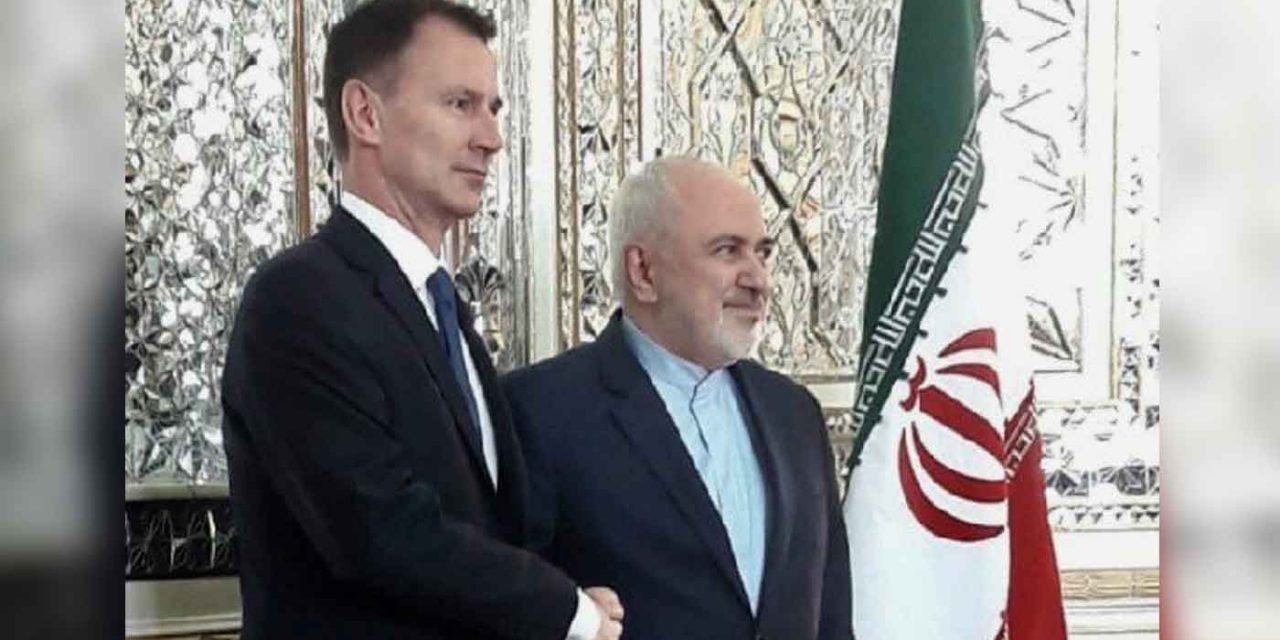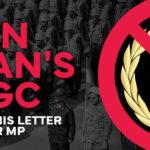European Union nations were looking to deescalate tensions in the Persian Gulf area on Monday and call on Iran to stick to the 2015 nuclear deal, despite the pullout of the United States from the accord and the re-imposition of US sanctions on Tehran.
Iran recently began surpassing uranium enrichment limits set in its 2015 nuclear deal, saying these moves can be reversed if the other parties to the agreement — Germany, France, Britain, China, Russia and the European Union — come up with enough economic incentives to effectively offset the US sanctions.
At their regular monthly meeting, the EU foreign minister will also look to drum up further support for the bloc’s barter-type system to trade with Tehran and get around possible US sanctions. Ten nations are already on board with the idea.
But EU foreign ministers first and foremost want to get Iran to respect the terms of the deal again.
Sign the petition: Britain – End the Iran Deal
British Foreign Secretary Jeremy Hunt said it was essential to keep all diplomatic channels open. He acknowledged that Iran’s actions are “profoundly destabilizing” but said he still believes in the Iran Deal.
“The Middle East is already one of the most unstable regions in the world, but if the different parties were armed with nuclear weapons it would represent an existential threat to mankind,” Hunt said.
Hunt warned, “there can be no partial compliance” by Iran and urged them to get back to the deal.
1/2 Important discussions with EU colleagues including @JY_LeDrian and @ministerBlok about Iran: we support nuclear deal but there can be no ‘partial’ compliance. You are either on path to a nuclearised Middle East or not… pic.twitter.com/XMlKixjM3f
— Jeremy Hunt (@Jeremy_Hunt) July 15, 2019
On Saturday, Hunt spoke with Iran’s Foreign Minister and said the UK will facilitate the release of a seized Iranian tanker if Iran can provide guarantees the vessel would not breach European sanctions on oil shipments to Syria.
Last week, in apparent retaliation for the seized tanker, Iranian paramilitary vessels tried to impede the passage of a British oil tanker through the Strait of Hormuz, only turning away after receiving “verbal warnings” from a British navy warship accompanying the tanker, the British government said.
Related Articles:










